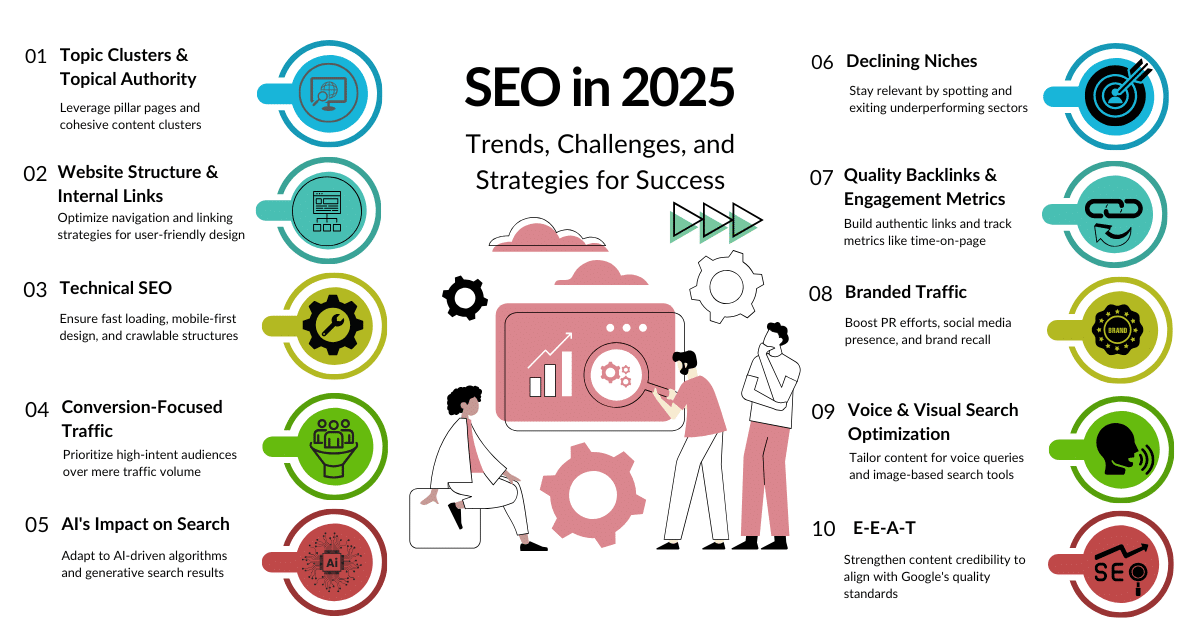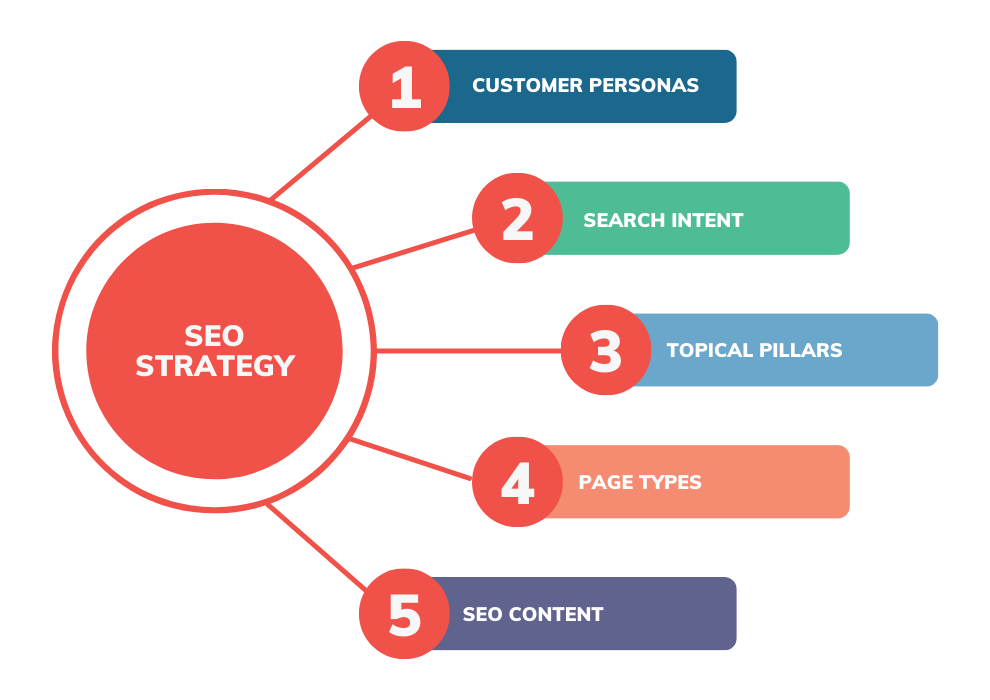SEO (Search Engine Optimization) and PPC (Pay-Per-Click Advertising) are the two most talked about strategies in digital marketing. Many traders, marketers, or entrepreneurs are confused—which one to choose?
Despite the fact that PPC produces immediate results, SEO builds sustainable traffic, trust, and brand value over the long term. Therefore, experts believe that SEO is the best investment for any future-oriented business.
What’s SEO?
SEO is the process of bringing a website or content to the top of search engines (such as Google and Bing) in organic or free results. That is, when the user searches for a relevant keyword, the higher your site is, the more likely it will generate traffic and conversions.
The Main Advantages of SEO
1. The Long-Term Results
Once a website ranks, it gets free traffic month after month, even year after year. On the other hand, traffic stops when ads stop in PPC.
2. Trust and Credibility
Studies have shown that consumers are more likely to trust organic results. Top-3 results typically capture up to 75% of total traffic. SEO will get you there.
3. Cost-Effective
SEO takes time and effort in the beginning, but it is much cheaper in the long run. In PPC, you have to pay for each click, while in competitive keywords, the cost per click (CPC) can be much higher.
4. Creating Brand Value
SEO not only brings traffic but also establishes the brand as a trustworthy and authoritative source. It is possible to gain the trust of the user through blogs, guides, case studies, etc.
5. Sustained Competitive Advantage
PPC can be run by everyone, but it is difficult to get top organic rank. So if you are successful in SEO, your competitors will not be able to take that place easily.
The Limitations of SEO
- It takes time to get results (3–6 months or more).
- Continuous content creation and optimization are required.
- It is difficult to work in a competitive environment.
What’s PPC?
PPC is an advertising strategy where you have to pay for each click. Google Ads, Facebook Ads, and LinkedIn are examples. It can move traffic very quickly.
The Advantages of PPC
- Fast traffic and lead generation.
- Specific targeting (region, age, interests, keywords, etc.).
- Useful for testing new products or services.
The Limitations of PPC
- If you stop advertising, traffic stops.
- CPC is too expensive for competitive keywords.
- In the long run, it is ineffective and dangerous.
SEO and PPC: Which Is Better?
AspectSEOPPC Time for Results Slow (3–6 months) Fast (Immediate) Costs are cheaper in the long run. Expensive in the long run Reliability High (organic results trusted) Low (ads often ignored) Traffic: sustainable and permanent Temporary ROI higherRO in the long term Only short-term Brand value. Strong and lasting limited
Real Examples
- The E-commerce Site:
- Promoting new products with PPC.
- Free long-term traffic by ranking top in reviews, blogs, and keywords with SEO.
- The Local Business:
- Instant leads with PPC.
- Search engine optimization with SEO and Google My Business.
- The SaaS Company:
- Free trial with PPC.
- Achieving long-term users by creating informative blogs and guides with SEO.
The Future of SEO: Why It’s Important
- AI Search (Google SGE, Bing Copilot): Search will get smarter in the future. If there is no organic authority, the website will lag.
- Content Marketing and E-A-T (Expertise, Authoritativeness, Trustworthiness): SEO is not just about ranking but also about gaining the trust of the user.
- Sustainable Branding: PPC is temporary; SEO is a permanent solution for the future.
Final Analysis
PPC can give you immediate results, but it’s all over when you close on the rented house—money.
SEO is about building your own home—once you stand out, you can benefit from it for years.
Therefore, SEO is the most important investment for long-term success, brand value, and sustainable traffic in the world of digital marketing.




